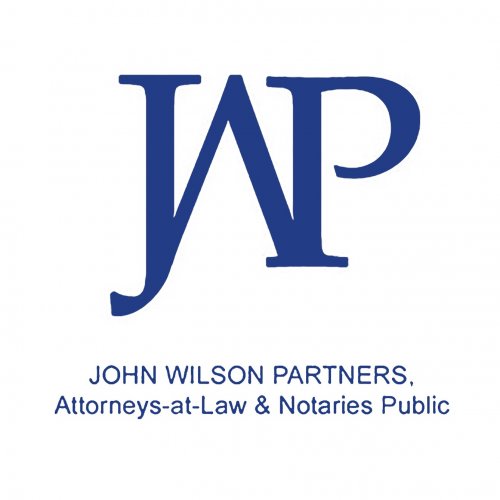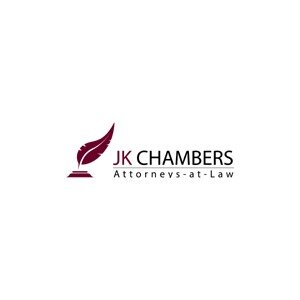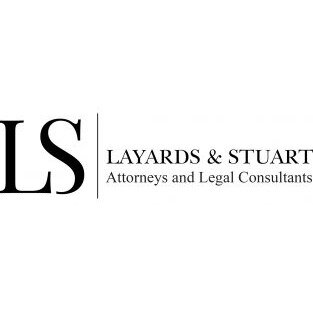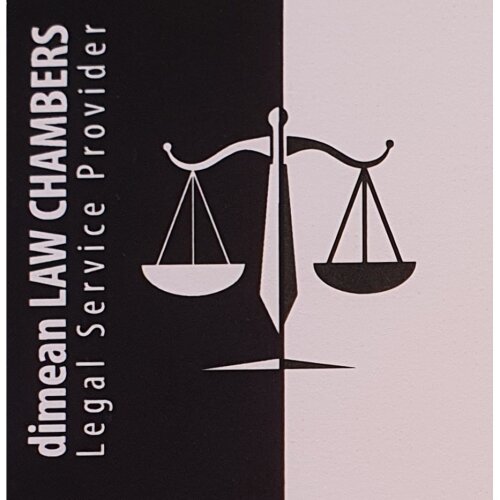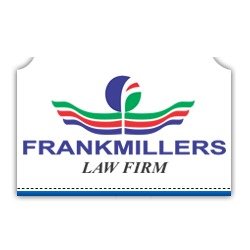Best International Trade Law Lawyers in Colombo
Share your needs with us, get contacted by law firms.
Free. Takes 2 min.
List of the best lawyers in Colombo, Sri Lanka
About International Trade Law in Colombo, Sri Lanka
International Trade Law in Colombo, Sri Lanka, governs the trade relationships between Sri Lanka and other countries. It involves a combination of bilateral and multilateral treaties, national laws, and guidelines provided by international organizations such as the World Trade Organization (WTO). In Sri Lanka, the Ministry of Trade is a key player in formulating trade policies and ensuring that the country adheres to international trade norms and standards. Legal practices in Colombo offer a range of services that cover the complexities of trade agreements, import-export regulations, tariffs, and dispute resolution.
Why You May Need a Lawyer
Individuals and businesses may require legal assistance in international trade law for various reasons. Some common scenarios include:
- Negotiating and drafting international sales and trade agreements.
- Navigating import and export regulations and compliance requirements.
- Handling disputes or litigation involving international trade partners.
- Interpreting and applying trade tariffs and duties.
- Addressing issues related to intellectual property in international markets.
- Ensuring compliance with international trade sanctions and embargoes.
- Providing guidance on customs procedures and documentation.
In such situations, having an experienced lawyer can help protect your interests and ensure compliance with applicable laws and treaties.
Local Laws Overview
Sri Lanka's legal framework for international trade includes key legislations and regulations that businesses must adhere to. These include the Customs Ordinance, the Import and Export Control Act, and various bilateral and multilateral trade agreements. Additionally, Sri Lanka is a member of the WTO, which influences its trade policies and practices. Various government bodies, including the Department of Commerce, the Export Development Board, and Sri Lanka Customs, play crucial roles in regulating and facilitating international trade within the region.
Frequently Asked Questions
What are the main government agencies regulating international trade in Sri Lanka?
The main government agencies include the Ministry of Trade, Sri Lanka Customs, and the Export Development Board.
How are import tariffs determined in Sri Lanka?
Import tariffs in Sri Lanka are determined by the Sri Lanka Customs based on the harmonized tariffs schedule that aligns with international practices.
Can I seek recourse in Sri Lankan courts for international trade disputes?
Yes, you can pursue legal action in Sri Lankan courts for international trade disputes, but alternative dispute resolution methods like arbitration are also commonly used.
How does Sri Lanka handle trade disputes at the international level?
Sri Lanka participates in dispute resolution mechanisms under WTO frameworks and may also engage in bilateral negotiations.
Are there specific laws on export controls in Sri Lanka?
Yes, the Import and Export Control Act governs export controls and stipulates the necessary permits and compliance requirements.
What should I know about intellectual property rights in international trade?
Protecting intellectual property in international trade involves understanding both domestic laws in Sri Lanka and international agreements like TRIPS.
Is there a body in Sri Lanka that helps resolve customs issues?
Sri Lanka Customs handles resolutions of issues related to customs processing and can provide assistance and oversight on related disputes.
How do I ensure compliance with international trade sanctions?
Staying informed about UN and international sanctions is essential, and you might need legal advice to ensure full compliance without infringing on regulations.
What international trade agreements is Sri Lanka part of?
Sri Lanka is part of several bilateral and regional trade agreements, including those with South Asian Association for Regional Cooperation (SAARC) member countries.
Where can I find more information on international trade compliance?
You can approach the Ministry of Trade or consulting firms specializing in trade compliance to get the latest insights and requirements.
Additional Resources
For further assistance, individuals and businesses can reach out to:
- Ministry of Trade: Offers guidance and regulatory information on trade practices.
- Sri Lanka Customs: Provides customs-related information and support.
- Export Development Board (EDB): Facilitates export-oriented businesses in Sri Lanka.
- World Trade Organization (WTO): Offers resources and updates on international trade agreements.
- Legal firms specializing in International Trade Law: Provide comprehensive legal services tailored to trade operations.
Next Steps
If you require legal assistance in International Trade Law, the following steps can guide your process:
- Identify your specific legal needs related to international trade.
- Research and contact legal professionals or firms in Colombo that specialize in International Trade Law.
- Schedule consultations to discuss your case and understand potential legal strategies.
- Gather all relevant documents and information needed for your legal advisor.
- Work closely with your legal advisor to ensure compliance and resolve any disputes effectively.
By taking these steps, you can navigate the complexities of international trade law more confidently and secure favorable outcomes for your trade activities.
Lawzana helps you find the best lawyers and law firms in Colombo through a curated and pre-screened list of qualified legal professionals. Our platform offers rankings and detailed profiles of attorneys and law firms, allowing you to compare based on practice areas, including International Trade Law, experience, and client feedback.
Each profile includes a description of the firm's areas of practice, client reviews, team members and partners, year of establishment, spoken languages, office locations, contact information, social media presence, and any published articles or resources. Most firms on our platform speak English and are experienced in both local and international legal matters.
Get a quote from top-rated law firms in Colombo, Sri Lanka — quickly, securely, and without unnecessary hassle.
Disclaimer:
The information provided on this page is for general informational purposes only and does not constitute legal advice. While we strive to ensure the accuracy and relevance of the content, legal information may change over time, and interpretations of the law can vary. You should always consult with a qualified legal professional for advice specific to your situation.
We disclaim all liability for actions taken or not taken based on the content of this page. If you believe any information is incorrect or outdated, please contact us, and we will review and update it where appropriate.



